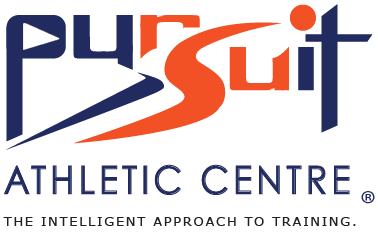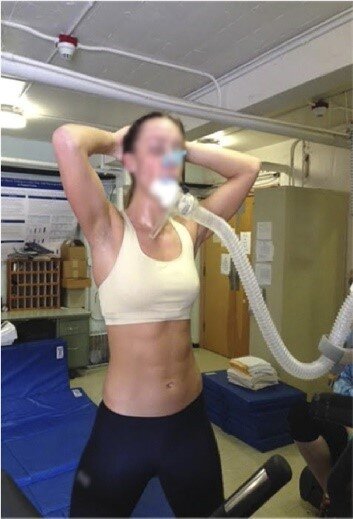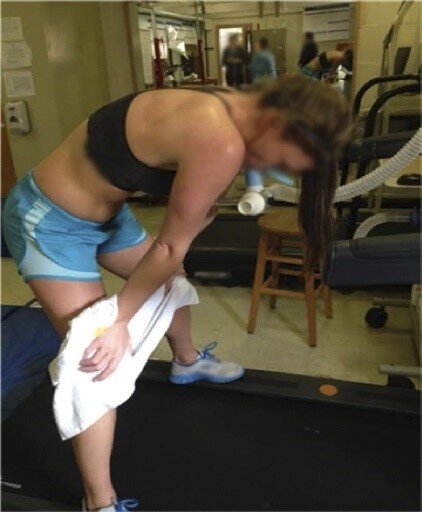Effects of Two Different Recovery Postures during High-Intensity Interval Training
An age old question in the strength and conditioning as well as multiple health related fields has been “How do I maximize my athlete/clients recovery?” Although an in-depth and multifaceted answer has to be considered, it is worth our time to try and break down different aspects of recovery that we can help our athletes/patients with.
When it comes to interval sprints in the gym, maximum short lived exertion on the field, or any other type of high intensity activity, how can we recover our breathing and heart rate best?
A study out of Washington (2019) used 24 varsity women soccer players and compared the recovery rate of standing tall with hands on their head (HH) or bent over with their hands on their knees (HK). Researchers looked at several outcome measures such as heart hate, carbon dioxide volume, and breathing values.
The testing consisted of a treadmill test at 90% of their max heart rate (HR) for 4 minutes and then a 3 minute rest period where the subject either recovered in the hands on knees (HK) position or hands on head (HH). This test was repeated in subsequent weeks for a total of 3 sessions.
The results of this study showed a significant benefit for athletes employing the HK technique in comparison to the HH technique for all 3 recovery variables measured (carbon dioxide clearance, heart rate reduction, and tidal (breathing) volume).
This study represents the most beneficial way to allow our athletes to recovery between bouts of high intensity exercise. It was noted that each athlete in the HK group achieved a minimum of 14 degrees of bent over upper back flexion (Figure 1 - Picture 2). This in turn allowed a more beneficial working environment (Zone of Apposition or ZOA) for the diaphragm to work within. By maximizing this ZOA, the diaphragm was able to work more effectively to restore breathing rate and heart rate. (Boyle et al, 2010)
In conclusion, next time you get off the assault bike or finish that last sprint, reach for your knees to recover best!
Figure 1. HH and HK recovery positions
References
Michaelson, J. V., Brilla, L. R., Suprak, D. N., McLaughlin, W. L., & Dahlquist, D. T. (2019). Effects of Two Different Recovery Postures during High Intensity Interval Training. Translational Journal of the American College of Sports Medicine, 4(4), 23-27.
Boyle KL, Olinick J, Lewis C. The value of blowing up a balloon. N Am J Sports Phys Ther. 2010;5(3):179–88.


